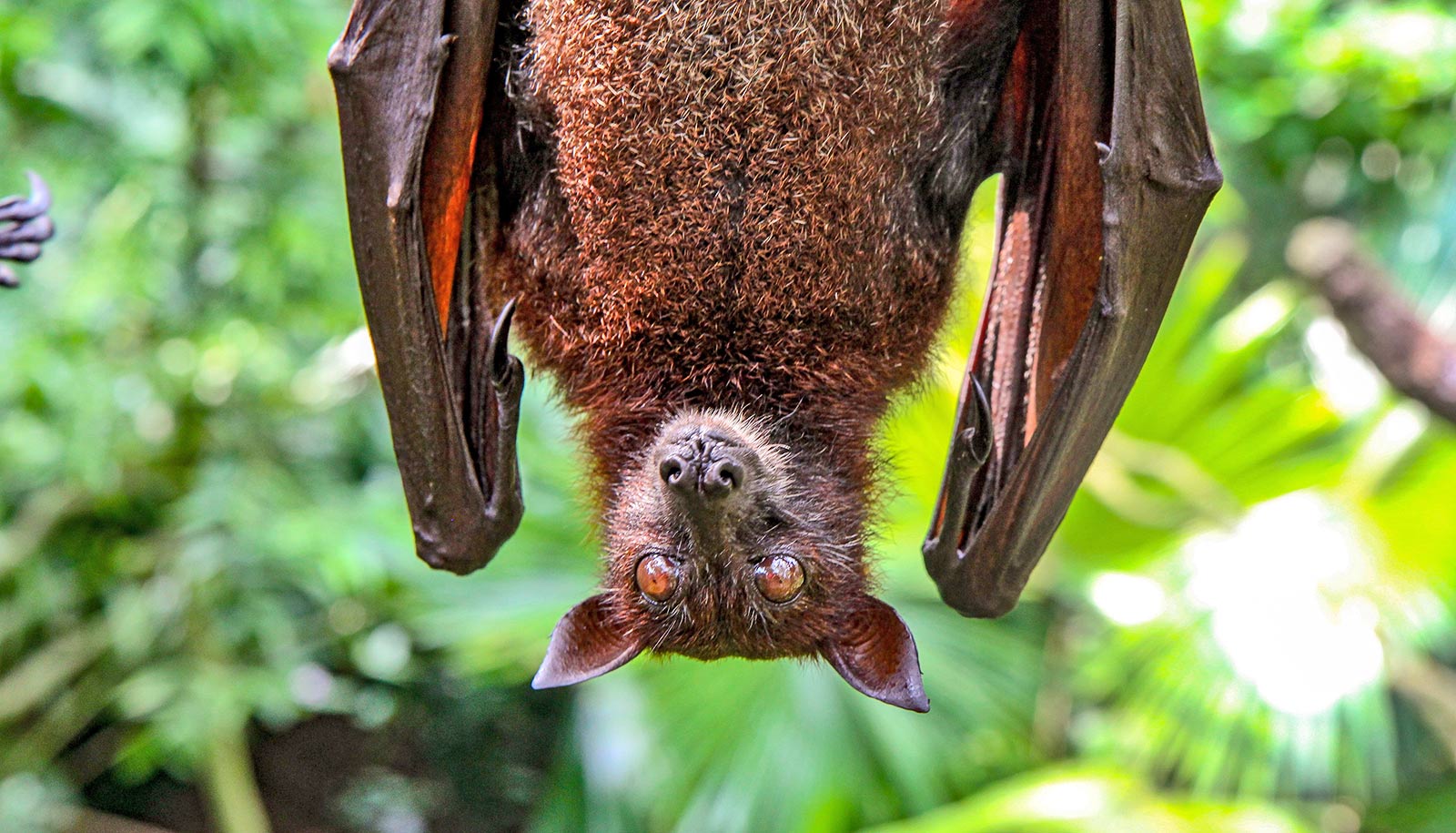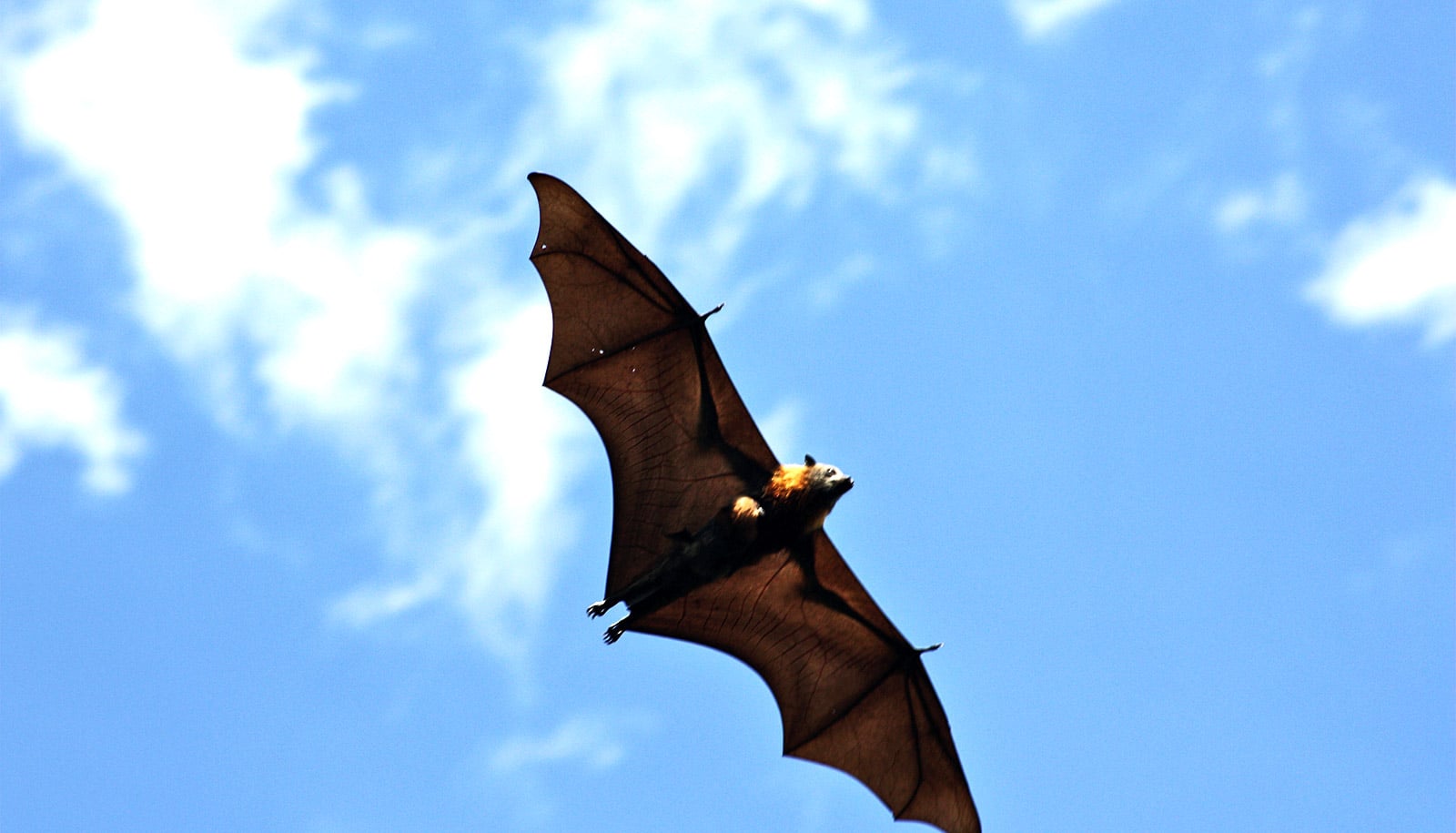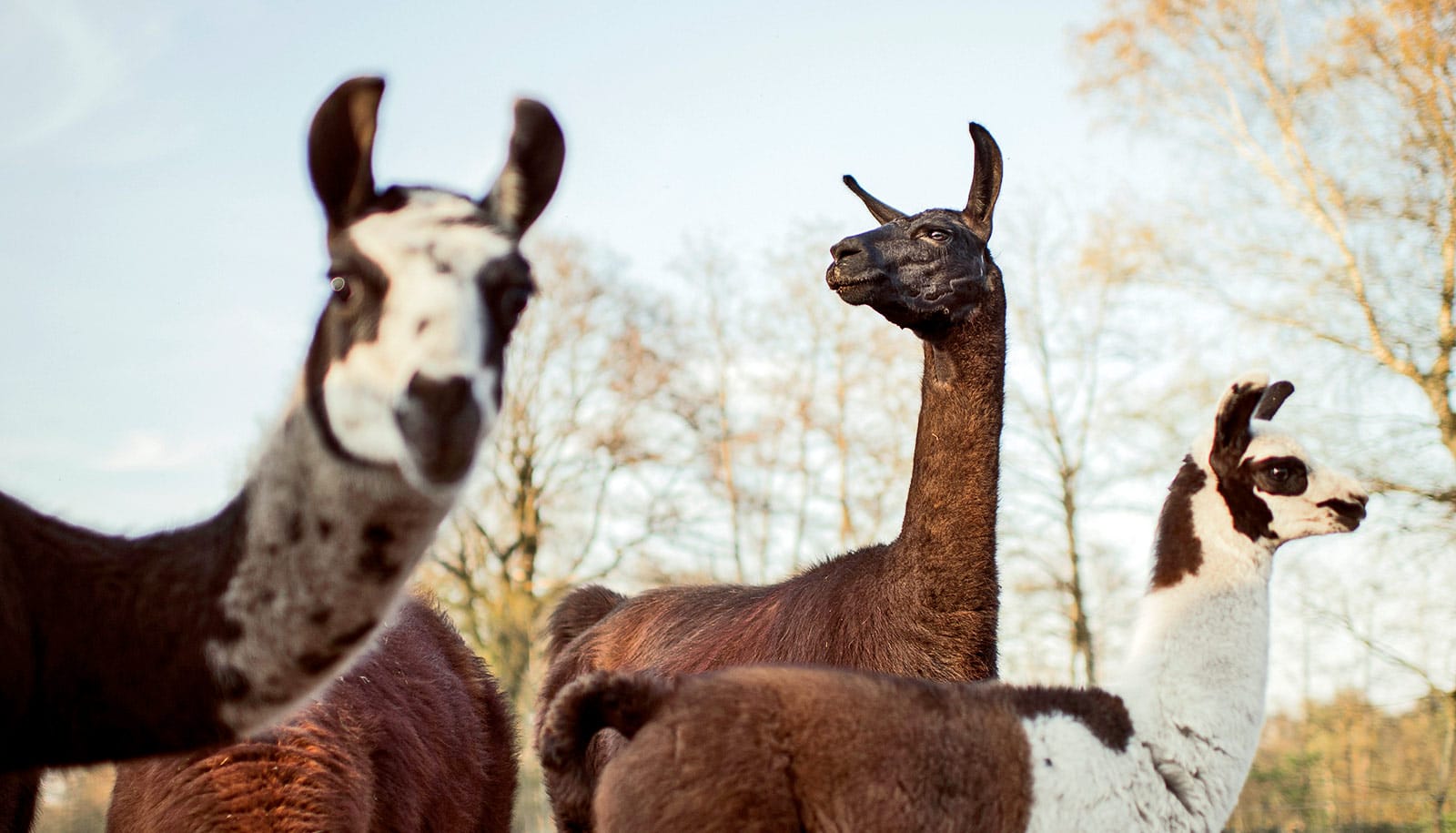A new study suggests the link between bats and coronaviruses is likely due to a long-shared history, and that their genetic information can help us prevent and manage future pandemics.
“We found that bats have been under unusual pressure from coronaviruses compared to other mammals, supporting the idea that bats are rich sources of coronaviruses and may yield insights for future prevention or treatment,” says Hannah Frank, an assistant professor in the ecology and evolutionary biology department at Tulane University.
“Pandemics originating from animals highlight the need to understand how natural hosts have evolved in response to emerging human pathogens and which groups may be susceptible to infection and/or potential reservoirs to mitigate public health and conservation concerns,” Frank says.
In the largest bat and mammal dataset to date, the team investigated an enzyme called angiotensin-converting enzyme 2, or ACE2, the host protein that serves as a receptor for the viruses that cause COVID-19 and SARS. They also studied dipeptidyl-peptidase 4, DPP4 or CD26, which acts as a receptor for MERS-CoV, the virus that causes Middle East Respiratory Syndrome.
Both the ACE2 and DPP4 genes are under strong selection pressure in bats, more so than in other mammals, and in residues that contact viruses.
“Additionally, mammalian groups vary in their similarity to humans in residues that contact SARS-CoV, SARS-CoV-2, and MERS-CoV, and increased similarity to humans in binding residues is broadly predictive of susceptibility to SARS-CoV-2,” Frank says.
The study adds to our understanding of the relationship between coronaviruses and mammals, especially bats, and provides diverse data for studies of how host proteins are bound by coronaviruses.
“This study gives us greater insight into how mammals, particularly bats, have evolved with coronaviruses,” Frank says. “It also highlights broad patterns in susceptibility that may prove useful for managing this and future pandemics.”
Frank cautions that the research shouldn’t cause people to fear bats. They play an important role in our ecosystem, making a significant contribution to pest control, pollinating plants and spreading seeds. The US Wildlife and Fisheries Department estimates that bats eat enough insects to save more than $3 billion annually in crop damage and pesticide costs in the United States.
The study appears in the Proceedings of the Royal Society B. Additional coauthors of the study are from the University of Arizona and Stanford University.
The National Science Foundation supported the work.
Source: Tulane University



